How to ask questions
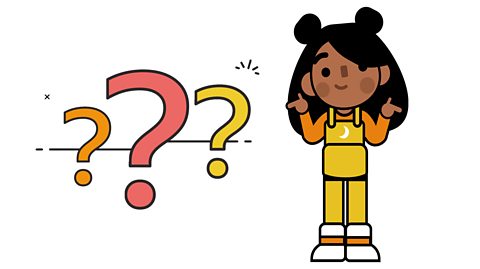
Asking questions is a very important part of thinking like a scientist. Many scientific investigations begin with a question. These questions can start with:
- ÔÇśWhyÔÇŽ ?ÔÇÖ
- ÔÇśHowÔÇŽ ?ÔÇÖ
- ÔÇśWhenÔÇŽ ?ÔÇÖ
- &#│Š27;░┬│ˇ▓╣│┘ÔÇŽ?&#│Š27;
- &#│Š27;░┬│ˇż▒│Ž│ˇÔÇŽ?&#│Š27;
- 'Can you explainÔÇŽ?'
It is important to think carefully about your question to make sure it is relevantThis is the word we use to describe something that is appropriate and closely connected to the subject. . If it isnÔÇÖt, then its answer is not likely to help you.
Scientists then make a predictionUsing your understanding to say what you think will happen in an experiment. of what they think will happen. Scientists collect and record data, then they present their findings and data in different ways to answer questions. Finally they present their results in a table of data, or in a chart or graph.

Different ways of answering questions
Depending on the type of question you have asked, there are different ways to get your answer, you could:
- Carry out a fair or comparative test - where you change one variable at a time and keep all the others the same to see what effect this may have.
- Carry out some research - using secondary sources of informationScientific information found on the internet, in books or television from experiments completed by other people. such as books or the internet.
- Observe changes over time - this could be over minutes or months!
- Look for patterns and relationships - when investigating links between two variables.
- Identifying, grouping and classifying - by observing items and then sorting them into different groups.
- Problem solving - using your previous scientific knowledge to help you answer the question.
Watch: Terrific Scientific investigate
Learn how to plan an investigation with this Terrific Scientific clip.
Now watch part two to see what happens when they carry out an investigation to try and answer their question.
Watch: Part two of the investigation
Learn what happens when they carry out their Terrific Scientific experiment in part 2.
Activity 1: Order an investigation
Activity 2: Investigation write up
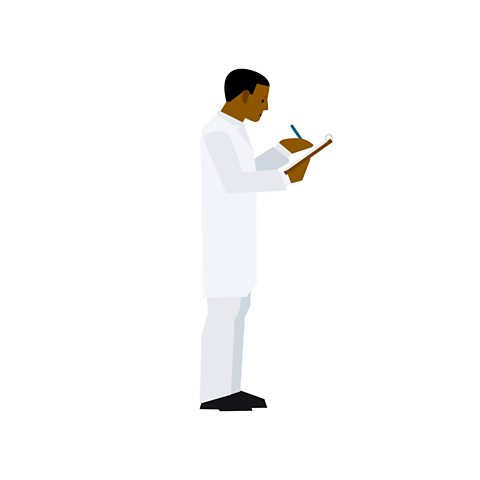
Re-watch the two clips again.
Can you write up the investigation?
Don't forget to include:
- What was their method?
- How did they record the data?
- How did they present the data?
- What conclusion did they make?

Activity 3: Cress seed experiment
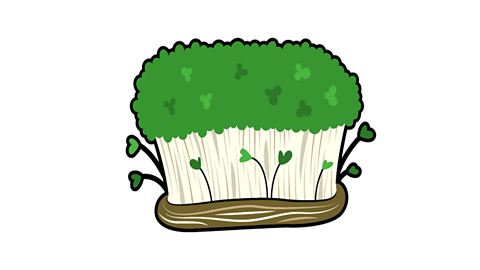
Imagine you are going to carry out an experiment to see what conditions cress seeds grow most effectively. What would be the questions you could ask? Try to think of at least five different ones. What equipment might you need here? If you decide to do this, donÔÇÖt forget to ask a responsible adult to help you.
Remember to:
1. Identify your key question.
2. Make your experiment a fair test.
3. Write a prediction.
4. Collect and present your results.

Bitesize Primary games. gameBitesize Primary games
Play fun and educational primary games in science, maths, English, history, geography, art, computing and modern languages.

More on Working scientifically
Find out more by working through a topic
- count2 of 11
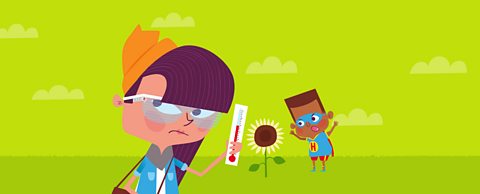
- count3 of 11
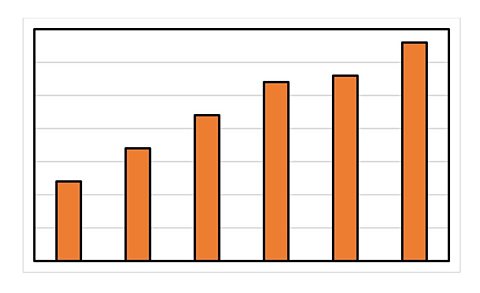
- count4 of 11
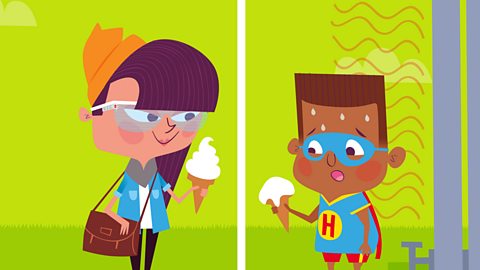
- count5 of 11
